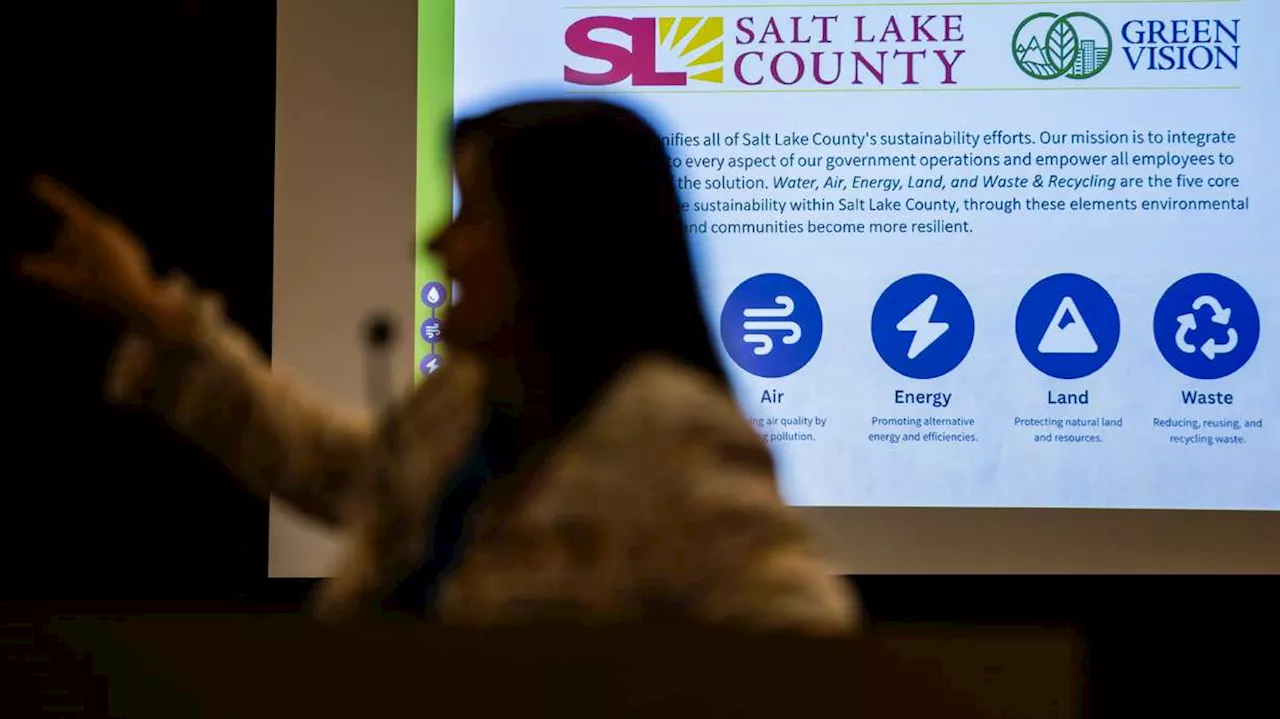TikTok Investor Funds Free Tuition at Bari Weiss’s New College

The University of Austin (UATX), a college established by journalist Bari Weiss, has announced plans to offer free tuition to its students, a notable shift for an institution positioned as a bastion of “anti-woke” education. The university, which aims to encourage independent thought, is receiving financial backing from billionaire Jeff Yass, a significant investor in TikTok’s parent company, ByteDance. This unexpected funding model presents a unique intersection of right-leaning educational philosophy and left-leaning financial support.
Founded in response to perceived ideological constraints in traditional education, UATX has sought to distinguish itself through a curriculum that includes discussions on diverse ideological perspectives, including those of notable figures like Alex Karp, CEO of Palantir. The institution is also reportedly working towards achieving accreditation, which would further solidify its status as a recognized university.
In a recent announcement via its Substack, UATX declared, “UATX will never charge tuition. And we will never take government money.” Instead, the university is embracing private donations to fund its operations. The financial support from Yass, known for his philanthropic activities and libertarian views, will enable UATX to eliminate tuition fees altogether. Yass’s involvement highlights a growing trend where private funding is increasingly replacing public educational support.
Jeff Yass is well-known not only for his financial acumen but also for his connections to the political right. According to reports, Yass, who has made substantial contributions to various causes, has a 15 percent stake in ByteDance through his investment firm, Susquehanna International Group. His support for UATX is emblematic of a broader movement where wealthy individuals exert influence over educational paradigms, often bypassing traditional public funding routes.
The idea of free tuition at UATX echoes proposals made by progressive politicians, including a Vermont Senator who has advocated for debt-free college education funded by taxes on the wealthy. This irony is not lost in the current political climate, where discussions around education funding often become polarized. Critics of the current educational funding model argue that reliance on billionaires for financial support raises concerns about the potential for influence over curricula and institutional priorities.
This trend of billionaire-led educational initiatives is not isolated to UATX. High-profile figures, including Elon Musk and Jeff Bezos, have established their own educational projects, reflecting a growing trend among the ultra-wealthy to create alternatives to conventional schooling. Additionally, recent reports have surfaced regarding Mark Zuckerberg’s involvement in educational initiatives within his community, further illustrating the diverse approaches taken by tech leaders in shaping the future of education.
As UATX forges ahead with its tuition-free model, questions regarding the implications of this funding approach remain. The university’s reliance on private donations could influence its academic direction and governance, potentially prioritizing the interests of its donors over a broader educational mission. The intersection of wealth, ideology, and education is evolving, with UATX serving as a case study in this complex dynamic.
In conclusion, the launch of tuition-free education at the University of Austin, underpinned by significant financial backing from Jeff Yass, highlights the shifting landscape of higher education funding. As the institution navigates its new path, it will be essential to monitor the impact of private donations on its educational philosophy and the broader implications for the future of American education.






